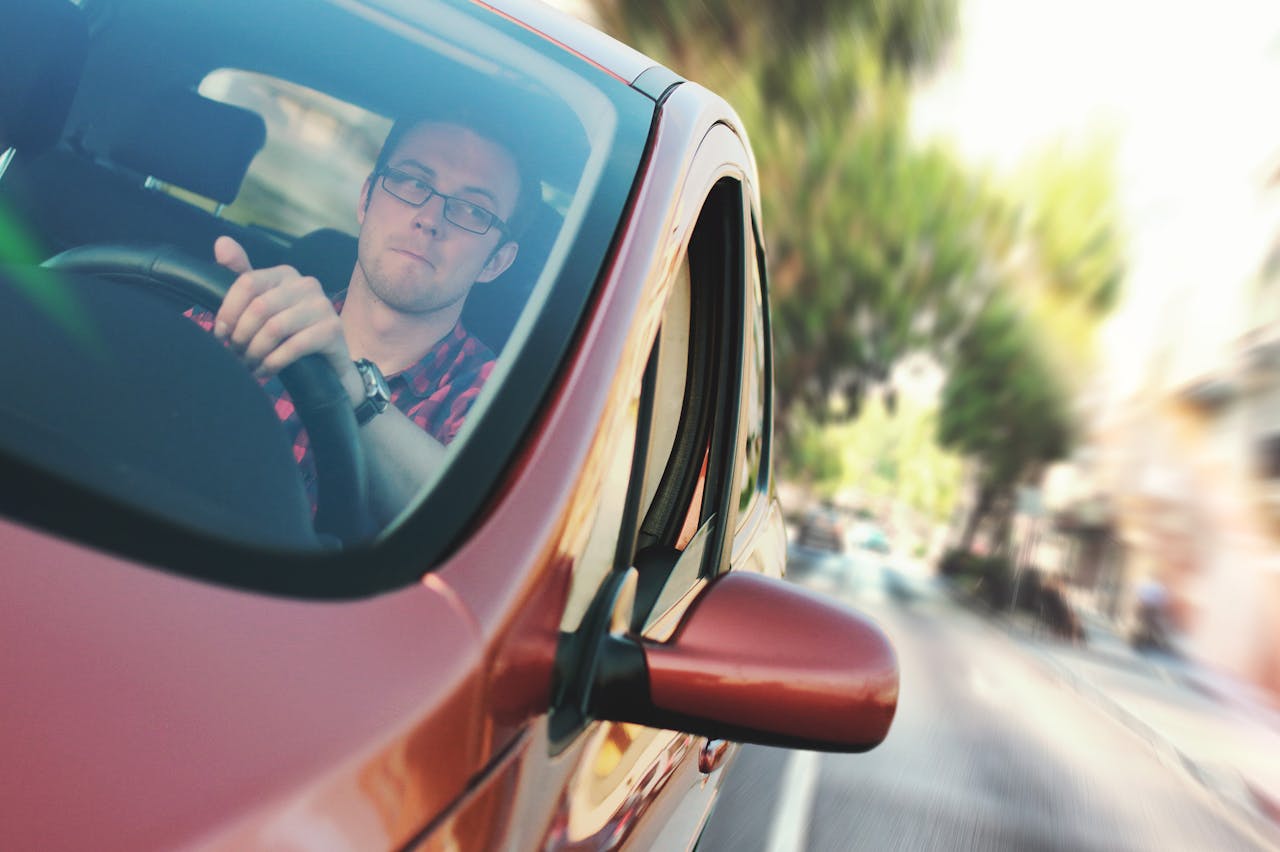Brake checking is a contentious driving maneuver that involves the driver intentionally slamming on their brakes to startle a tailgater and force them to slow down. While some see it as an effective way to scare off tailgaters, doing so can be incredibly dangerous. Every state has specific laws about the rules of the road, and in this article, we will explore the legality of brake checking in Washington state and the potential consequences of it.
If this behavior results in a crash, both drivers may face legal scrutiny, especially the one who initiated the brake check. Consulting with an accident lawyer can be essential in such cases to understand your rights, responsibilities, and potential liabilities. Even if the other driver was tailgating, your own actions may still carry legal consequences.
Contents
Washington State’s Law
In Washington, brake checking is considered to be a form of reckless driving, which is defined as the “willful or wanton disregard for the safety of persons or property” under RCW 46.61.500. Individuals found in violation of this law may receive a gross misdemeanor for their actions and be subject to penalties including fines up to $1,000, up to one year in jail, and driver’s license suspension for 30 days.
Increased Risk of Accidents
One of the biggest concerns regarding brake checking is that it greatly increases the risk of an accident occurring. When an angry driver suddenly slams on their brakes to startle and bother a tailgater, the tailgater will most likely not have enough time to react and slow down, particularly if the vehicles are traveling at high speeds. This can cause a rear-end collision to occur and is likely to lead to a chain reaction of car accidents, increasing the chances of a multi-vehicle pile-up. Furthermore, although a slight tap on your brakes may be tempting, the effects can be catastrophic and far-reaching.
Can You Be Held Liable for an Accident if You Brake Check?
Not only does Washington State make it illegal for drivers to brake check other drivers and greatly increase the likelihood of a car accident occurring, but you can also be held liable for your accidents in the event of an accident. The state of Washington operates under a comparative negligence system, meaning that if you file a claim for the accident that occurred, the amount of compensation that you received will be reduced by your percentage of fault. Thus, if it can be proven that you are partially to blame for the accident because you “brake-checked” the vehicle behind you, you will share the fault for the accident and will likely receive a lower amount of compensation than you otherwise would have. If you have been injured in an accident in which tailgating and brake checking were contributing factors, it is important to enlist the help of a Seattle car accident attorney who can help determine who is at fault and ensure that you recover the compensation that you are entitled to.
How To Deal With a Tailgater
Although it may be tempting to get wrangled up and upset about a tailgater, it is in your best interest to avoid brake checking and drive defensively. Some alternative steps that you can take to ensure your safety and deal with a tailgater include:
- Do not slam on the brakes
- Maintain your speed and remain predictable
- Maintain a safe following distance between you and the vehicle in front of you
- Use your turn signal to change lanes and let the tailgater pass, only if it is safe to do so
- Do not prevent the tailgater from passing you




